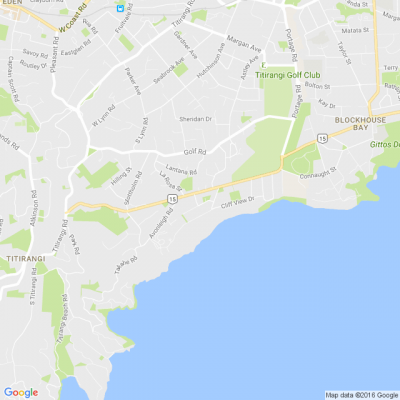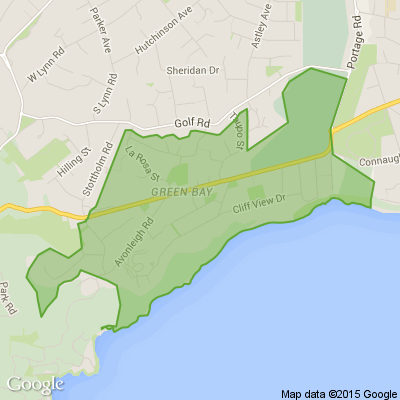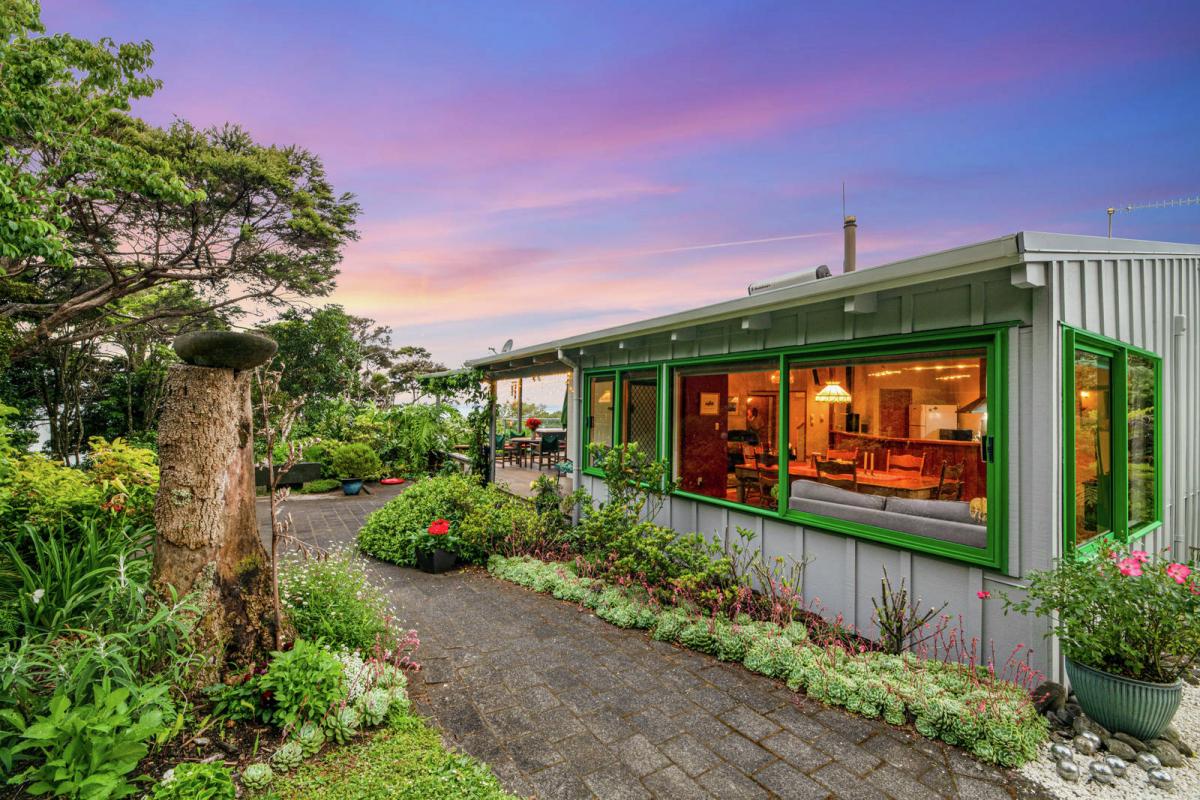RAMADAN KAREEM to all our MUSLIM families on Neighbourly
A bit of information you may like to know
==================================
When is Ramadan?
================
The first day of Ramadan is traditionally marked by the sighting of the crescent moon with the naked eye, and is the ninth month of the Islamic calendar.
What is Ramadan all about?
=======================
Ramadan is regarded as the best month of the year for Muslims as it was the month in which the Quran was revealed to Prophet Mohammad (PBUH) on the night of Laylat Al Qadr, one of the last ten nights of Ramadan. ''The month of Ramadan (is that) in which was revealed the Quran, a guidance for the people and the clear proof for guidance and criterion. So whoever sights (the new moon of) the month, let him fast it; and whoever is ill or on a journey - then an equal number of other days. Allah intends for you ease and doesn't intend for you hardship and wants for you to complete the period and to glorify Allah for that (to) which He has guided you: and perhaps you will be grateful.''
How long does it last?
==================
Ramadan lasts for one complete moon cycle, which is usually 29 or 30 days. The moon sighting determines the duration. Nowadays, astronomical calculations have started taking precedence over the age-old tradition of moon sighting by the naked eye to determine the dates.
How do you greet each other?
=========================
Greet people by saying “Ramadan Kareem”. This roughly translates into “Happy Ramadan”.
How do Muslims observe Ramadan?
==============================
Adult Muslims are required to fast from dawn to dusk every day throughout Ramadan. Those who are ill, elderly, diabetic, pregnant, menstruating, or breastfeeding are not required to fast. Those who travel or are unwell during the period of Ramadan may fast on different days at a later point. Children are not required to fast unless they have reached puberty, although many still do out of choice. In addition to abstaining from eating, drinking, and smoking, Muslims also refrain from sexual relations as well as sinful speech and behaviour.
During Ramadan, Muslims pray every night for 30 days, reciting different chapters each day until the Quran is completed by Eid Al Fitr. This is called the Taraweeh prayer, which is recited after Isha prayers mid-evening.
Why a fast?
==========
Fasting redirects the heart away from distractions, with its purpose being to cleanse the soul by freeing it from impurities. Ramadan is also a time for Muslims to practice self-discipline, sacrifice, and empathy for those less fortunate. It encourages generosity and charity.
When do Muslims break their fast?
============================
Fast may be broken at sunset before Maghrib prayers after ‘Azaan’ (call for prayers). This occurs just after sunset. Dates are traditionally the first food to be eaten each evening. The fast-breaking meal is called Iftar.
When does fasting start?
=====================
Each morning before sunrise, Muslims engage in a pre-fast meal called 'suhour'. Afterwards, they start with the Fajr prayers.
Basic Ramadan etiquette
=====================
Do not eat, drink, or smoke in public during the fasting hours. This includes chewing gum.
Do not engage in public displays of affection, like hugging or kissing.
Do not engage in any aggressive behaviour.
Do not dance or play music in public. You may listen to music quietly with headphones.
Do not wear inappropriate clothing in public. Dress respectfully. Men should avoid wearing sleeveless tops, while women should cover their shoulders and knees.
Do not swear.
Accept gifts, from a simple date to something more exotic, try to politely accept it. Further, if invited, it would always be an honour to join someone at Iftar.
Where can you eat, drink, or smoke?
=============================
If you are not fasting, then you are free to eat and drink in the privacy of your own home, as well as in designated areas. Ask your employer where you can eat your lunch. The same goes with smoking.
Some restaurants and cafes will be open during the day. You are free to frequent these. Food can be taken away and consumed in private.
Give to charity
============
Ramadan is a charitable time, and giving to those less fortunate will be greatly appreciated. It doesn’t have to be money, but perhaps food for Iftar.
===========================================================
Poll: Do you think NZ should ban social media for youth?
The Australian Prime Minister has expressed plans to ban social media use for children.
This would make it illegal for under 16-year-olds to have accounts on platforms including TikTok, Instagram, Facebook and X.
Social media platforms would be tasked with ensuring children have no access (under-age children and their parents wouldn’t be penalised for breaching the age limit)
.
Do you think NZ should follow suit? Vote in our poll and share your thoughts below.

-
85.4% Yes
-
13.5% No
-
1.1% Other - I'll share below
What's your favourite recipe for courgettes?
Kia ora neighbours. If you've got a family recipe for courgettes, we'd love to see it and maybe publish it in our magazine. Send your recipe to mailbox@nzgardener.co.nz, and if we use it in the mag, you will receive a free copy of our January 2025 issue.

Need Event Medical Cover?
MRI provides modern medical solutions for a wide range of events and industries. From local sporting or community events - to large concerts and major festivals - we can provide tailored and professional medical cover that suits your needs.
Our experienced team of clinicians and operations managers can provide a complete risk assessment of your event and advise you on the most suitable medical expertise to have on site.
Get in touch with the team today at info@mri.nz








 Loading…
Loading…













